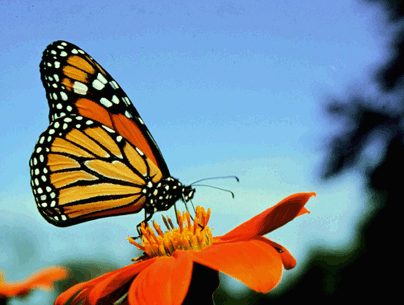
A new study that involved fitting bumblebees with tiny radio frequency tags shows long-term exposure to a neonicotinoid pesticide hampers bees' ability to forage for pollen. The study shows how long-term pesticide exposure affects individual bees' day-to-day behavior, including pollen collection and which flowers worker bees chose to visit.
“Bees have to learn many things about their environment, including how to collect pollen from flowers,” said Raine, who holds the Rebanks Family Chair in Pollinator Conservation, a Canadian first.
“Exposure to this neonicotinoid pesticide seems to prevent bees from being able to learn these essential skills.”The researchers monitored bee activity using radio frequency identification (RFID) tags similar to those used by courier firms to track parcels. They tracked when individual bees left and returned to the colony, how much pollen they collected and from which flowers.
Bees from untreated colonies got better at collecting pollen as they learned to forage. But bees exposed to neonicotinoid insecticides became less successful over time at collecting pollen.
Neonicotinoid-treated colonies even sent out more foragers to try to compensate for lack of pollen from individual bees.
Besides collecting less pollen, said Raine, “the flower preferences of neonicotinoid-exposed bees were different to those of foraging bees from …
Raine thinks small, long-term effects of pesticides like this should be included in tests to determine whether they should be approved or re-approved.
Please Read this Article at NaturalBlaze.com





Leave a Reply